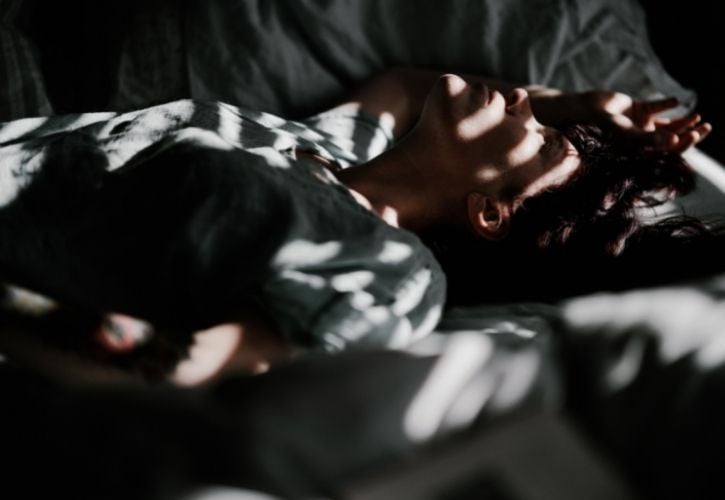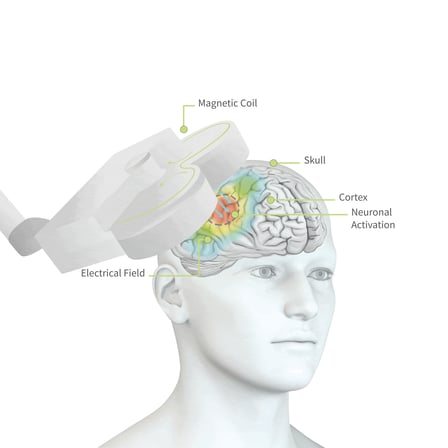March 15, 2017 - neurocare group

March 15, 2017 - neurocare group

The researchers recently presented first results from a study on TMS in OCD patients at the Brain Stimulation Conference in Barcelona.
In this open-label study, 22 OCD patients received at least 10 sessions of rTMS combined with psychotherapy. The aim of the study is to compare sleep disturbances between OCD patients and healthy subjects, as well as between those who did and did not respond to rTMS treatment. Results showed that OCD patients had a higher rate of sleep disturbances than healthy subjects. Those who responded to rTMS treatment (55%) showed significantly larger reduction in both obsessive-compulsive and depressive symptoms.

These results suggest that a predictive model based on circadian rhythm sleep disorder (CRSD) may be able to more accurately predict response to rTMS. This would point to a greater need to address circadian rhythm sleep disturbances in an OCD patient prior to rTMS treatment.
Source:
Donse, Sack, Fitzgerald & Arns (2017). Sleep Disturbances in Obsessive Compulsive Disorder: Association with Non-Response to repetitive Transcranial Magnetic Stimulation (rTMS). Journal of Anxiety Disorders, 49, 31 – 39 DOIL10.1016/J.JANXDIS.2017.03.0
Other Articles
Oct. 26, 2017
Mar. 15, 2022
Apr. 9, 2021
Copyright © neurocare group Pty Ltd. 2025